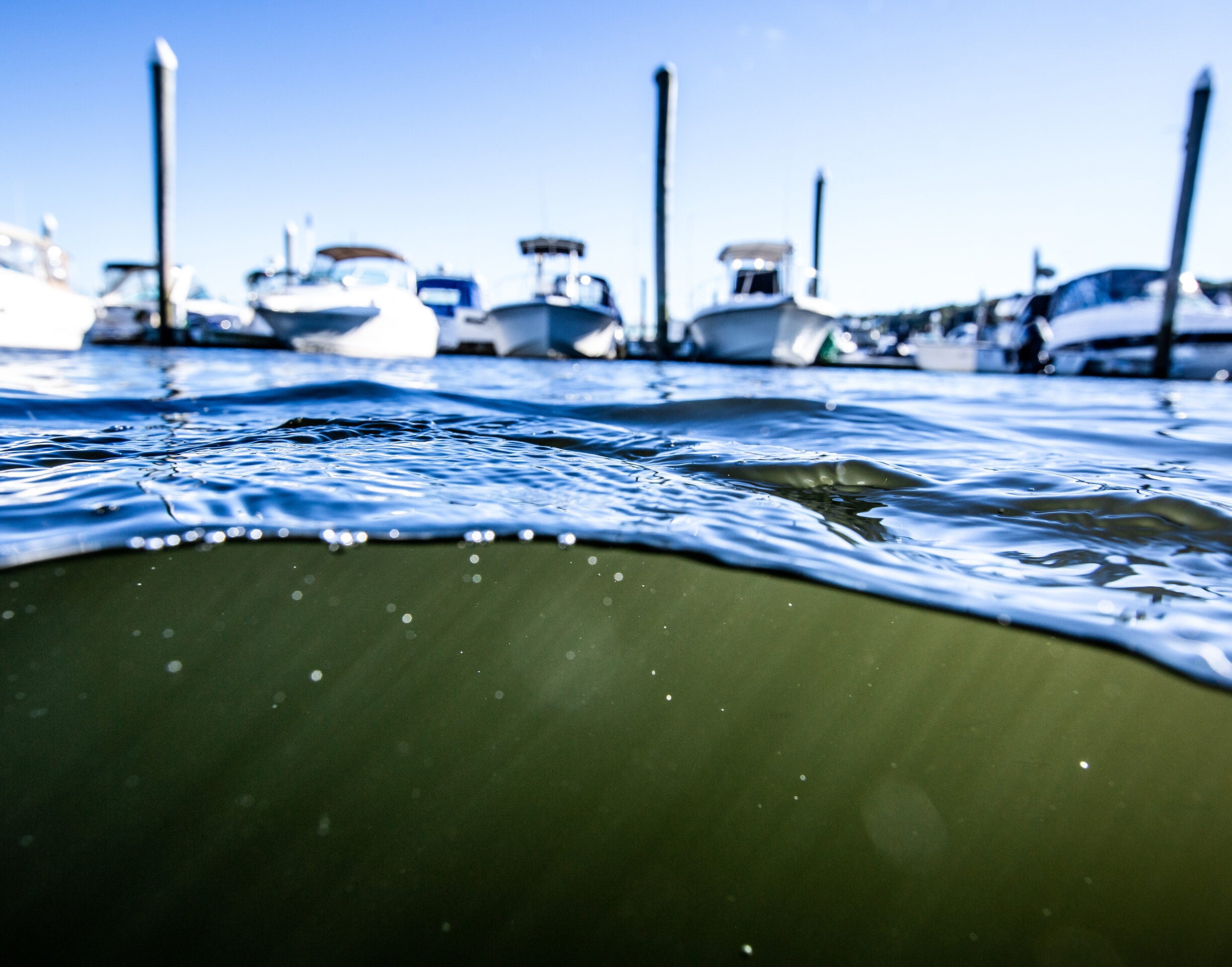Researchers from the URI Graduate School of Oceanography were awarded a $2 million grant as part of a long-term research campaign to help improve understanding and prediction of the Gulf of Mexico Loop Current.
Continue reading "URI oceanographers awarded grant to study Gulf of Mexico Loop Current"Tag: Physical Oceanography
URI scientists to deploy Narragansett Bay Observatory for monitoring health of changing bay
Oceanographers, engineers and other marine scientists from URI are preparing to deploy an array of instruments in Narragansett Bay to monitor and predict the Bay’s health in the face of environmental changes.
Continue reading "URI scientists to deploy Narragansett Bay Observatory for monitoring health of changing bay"
